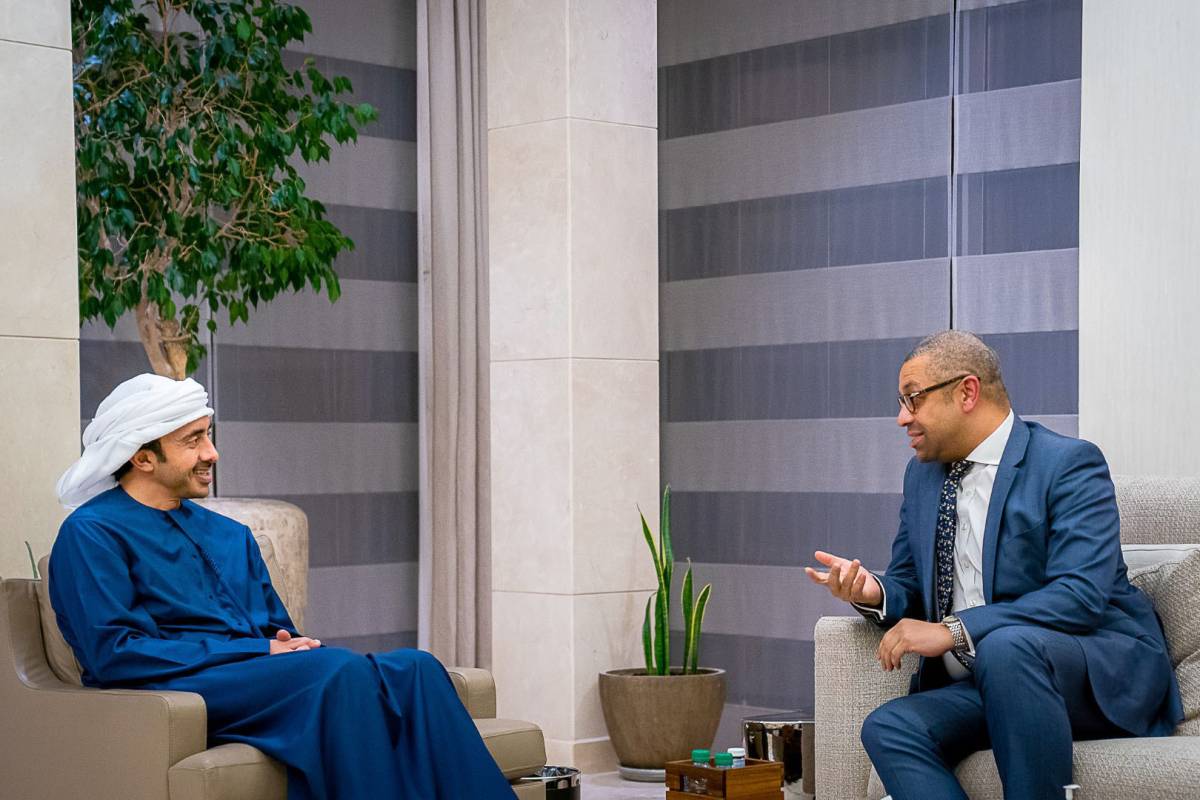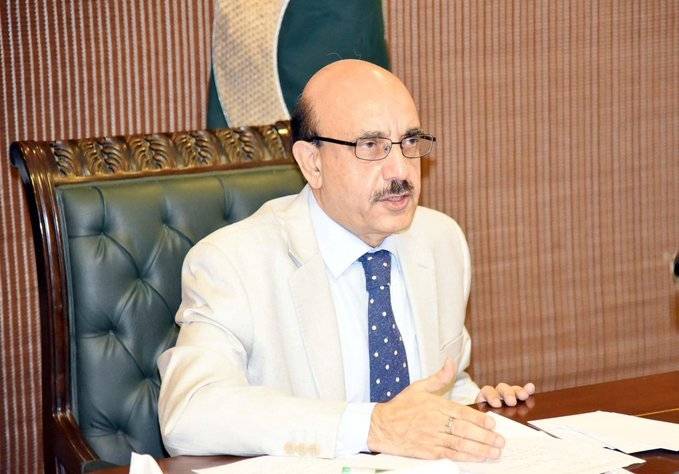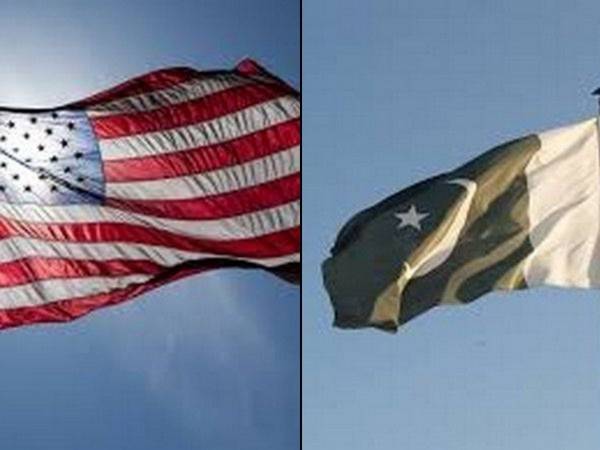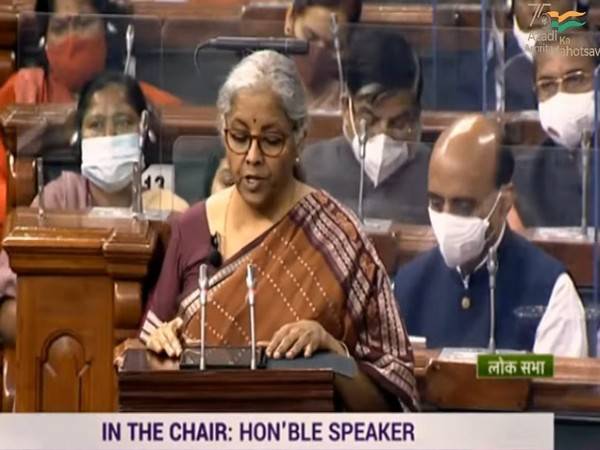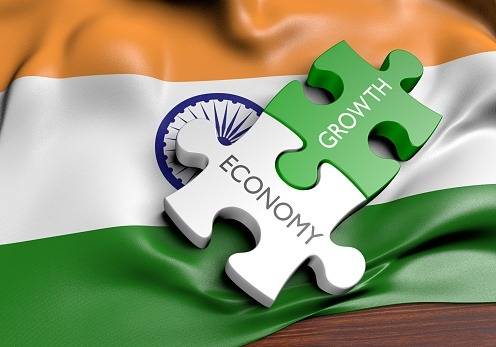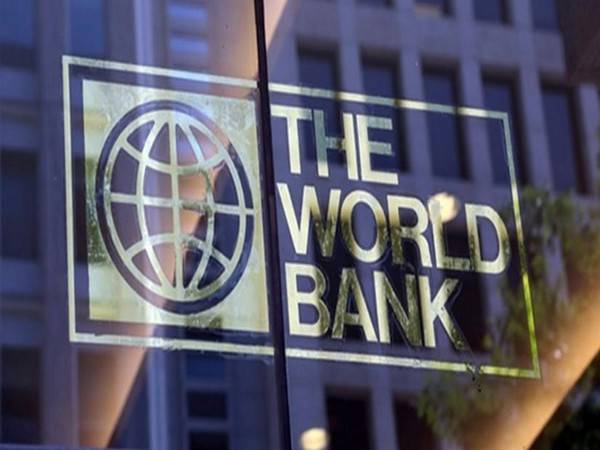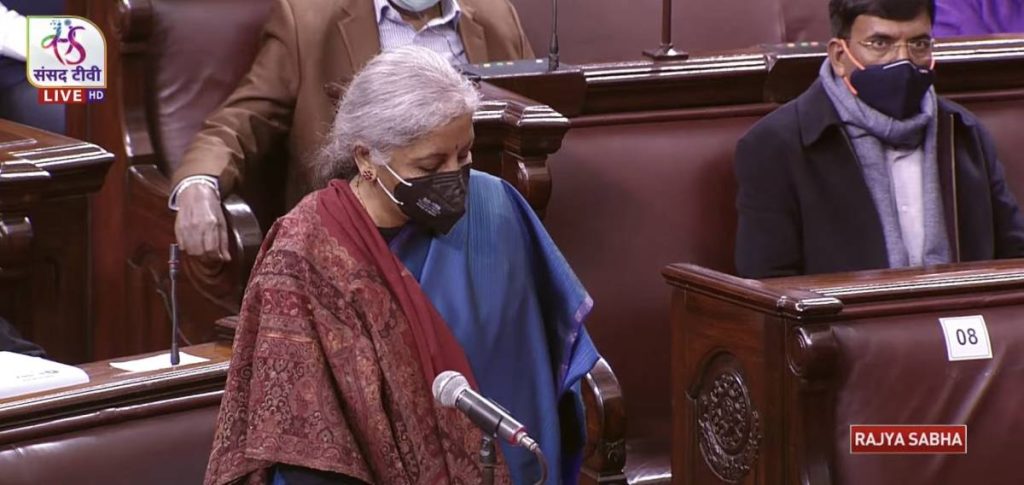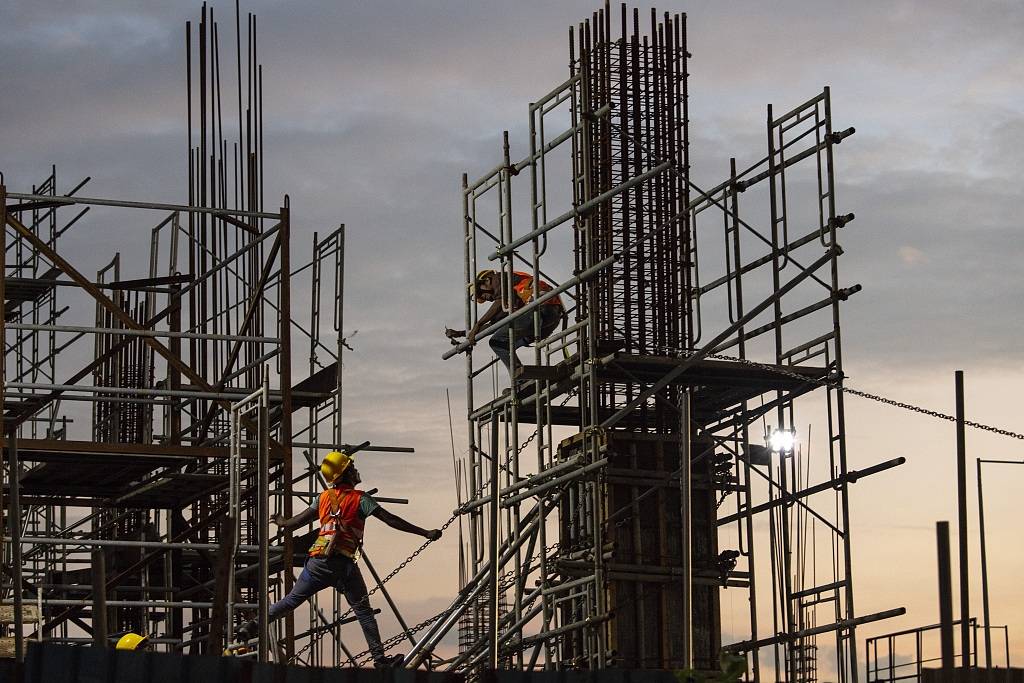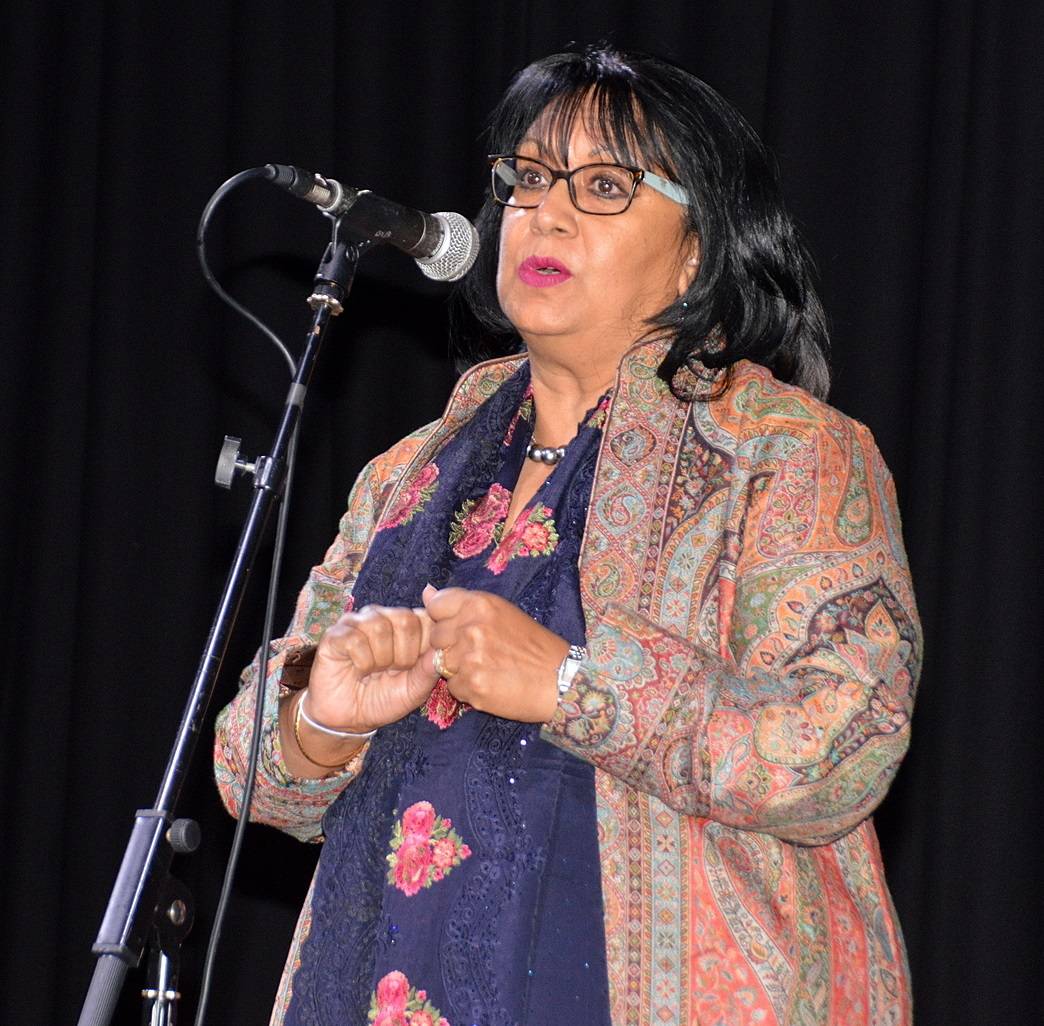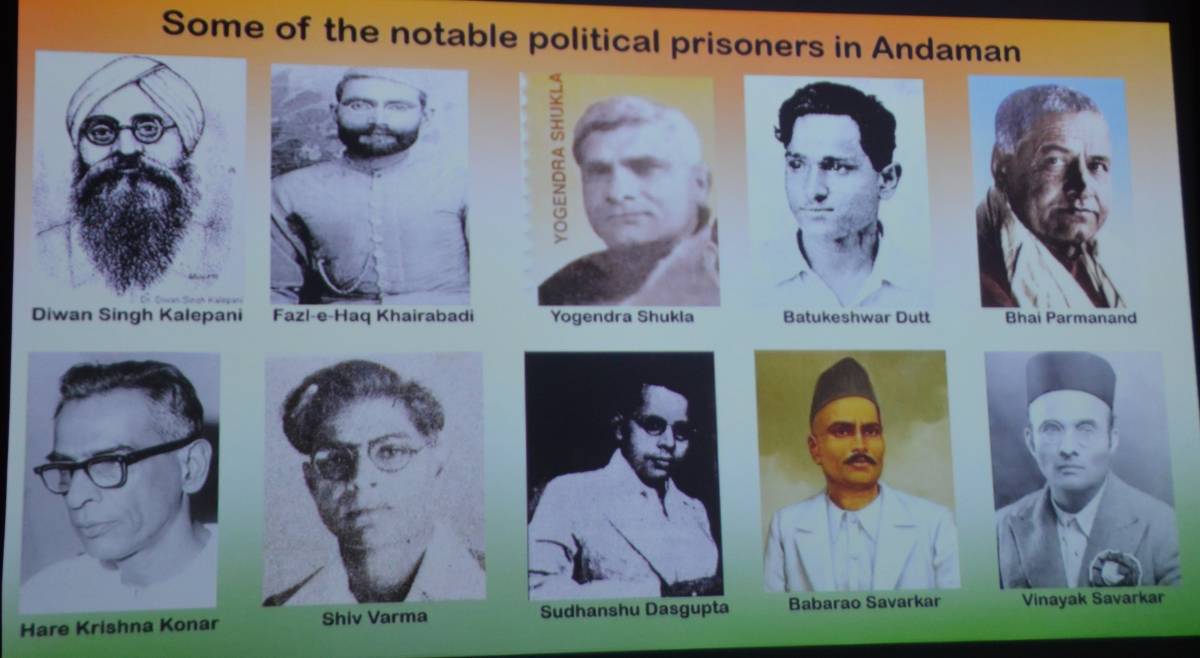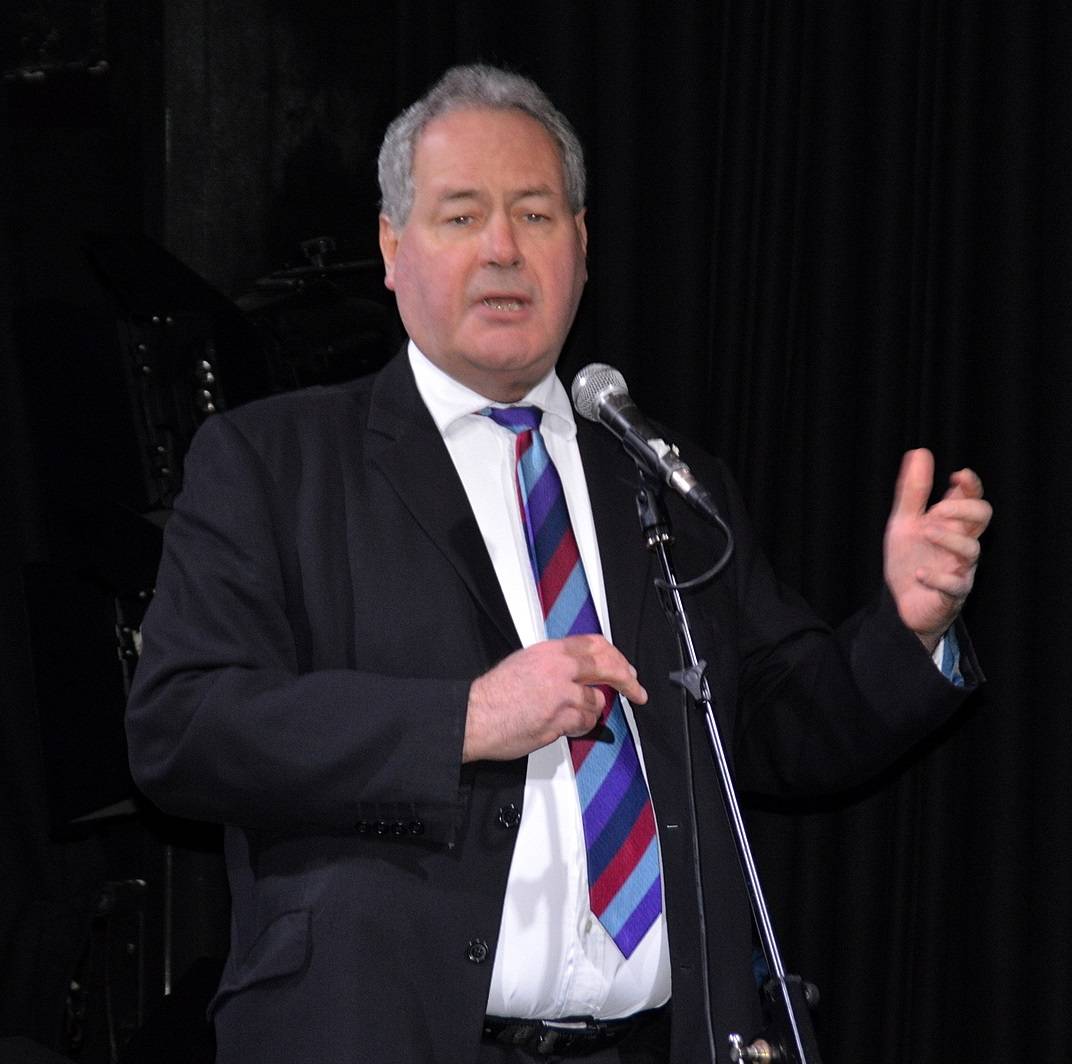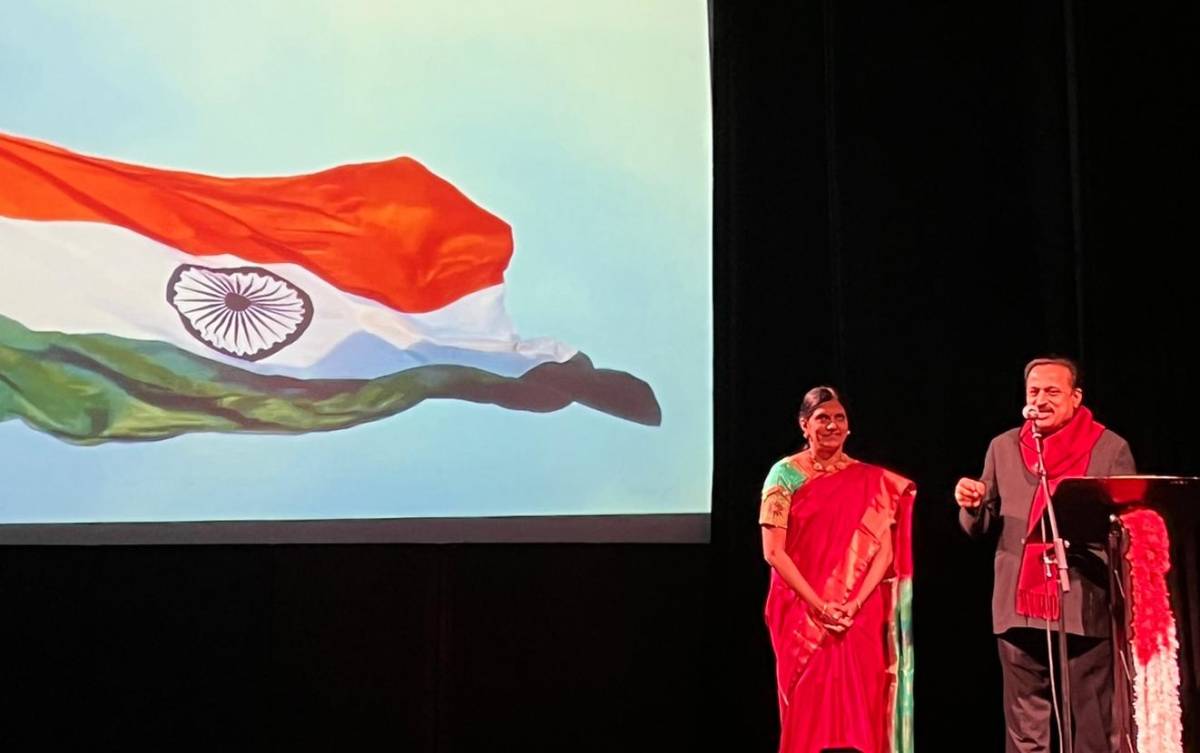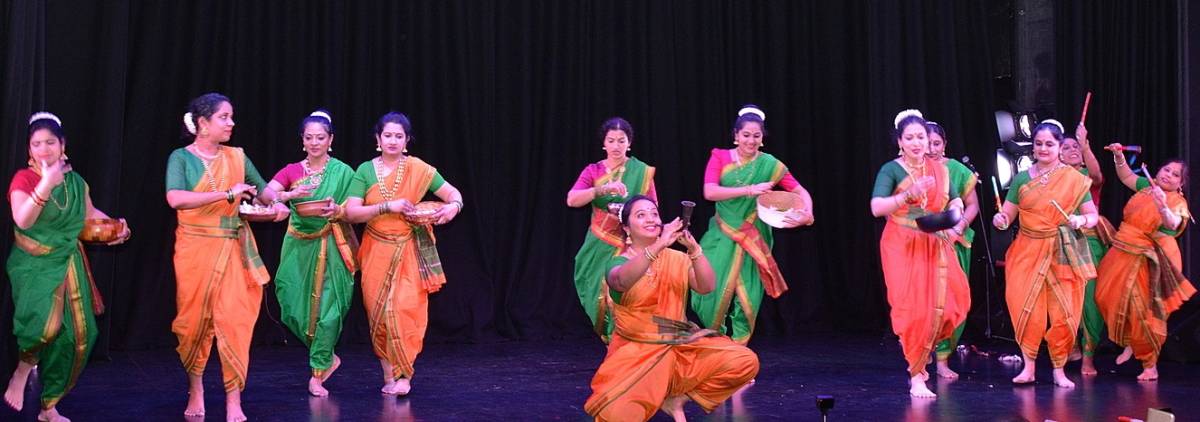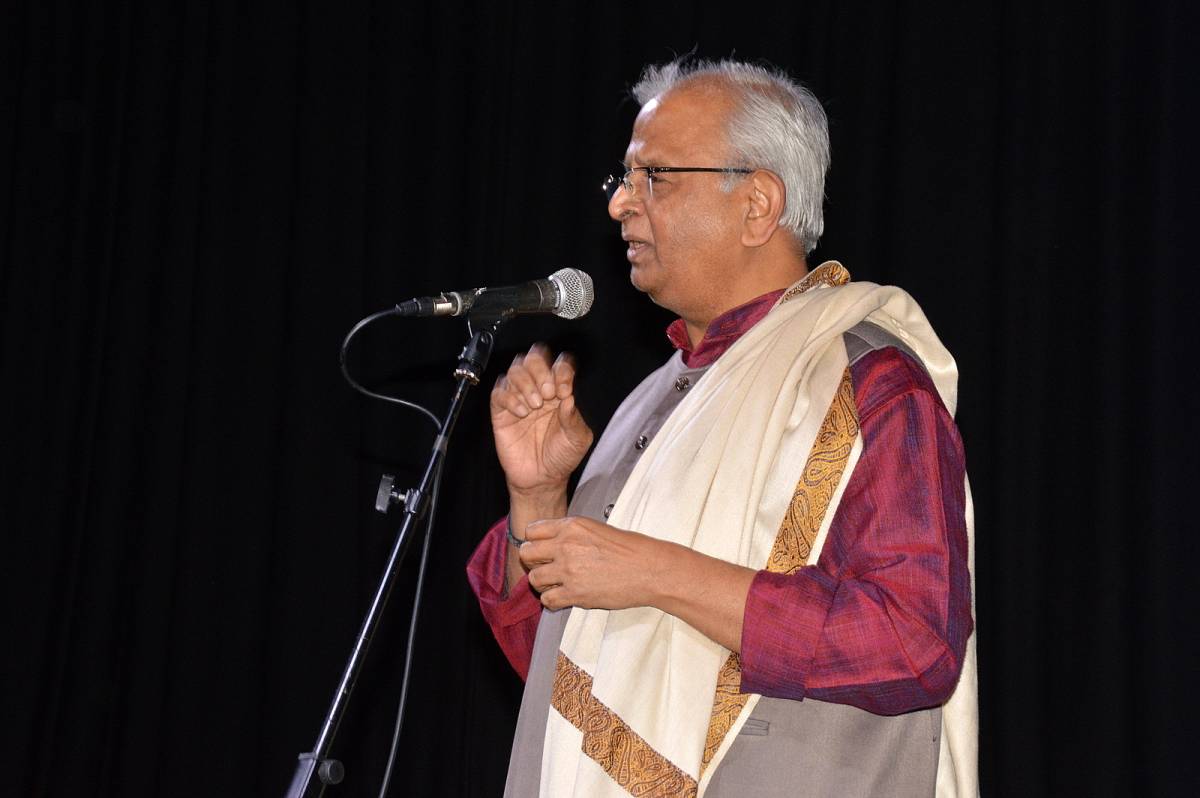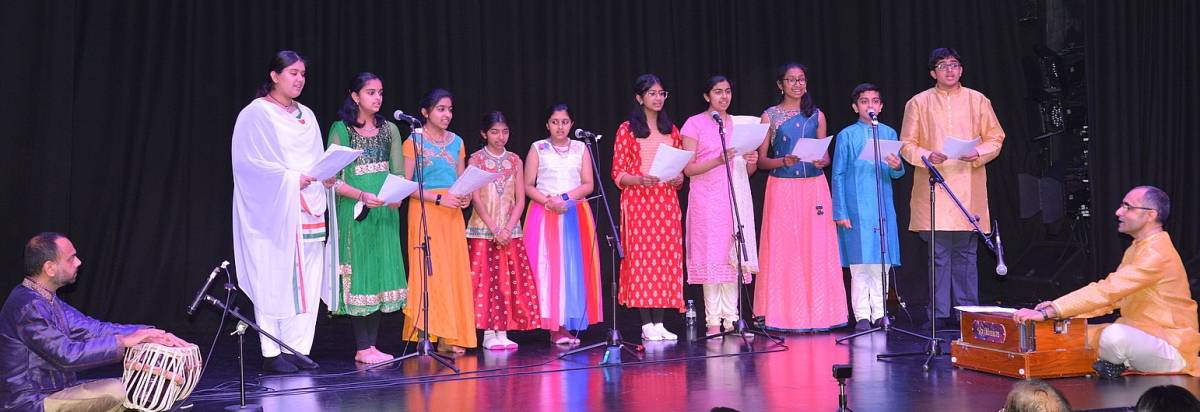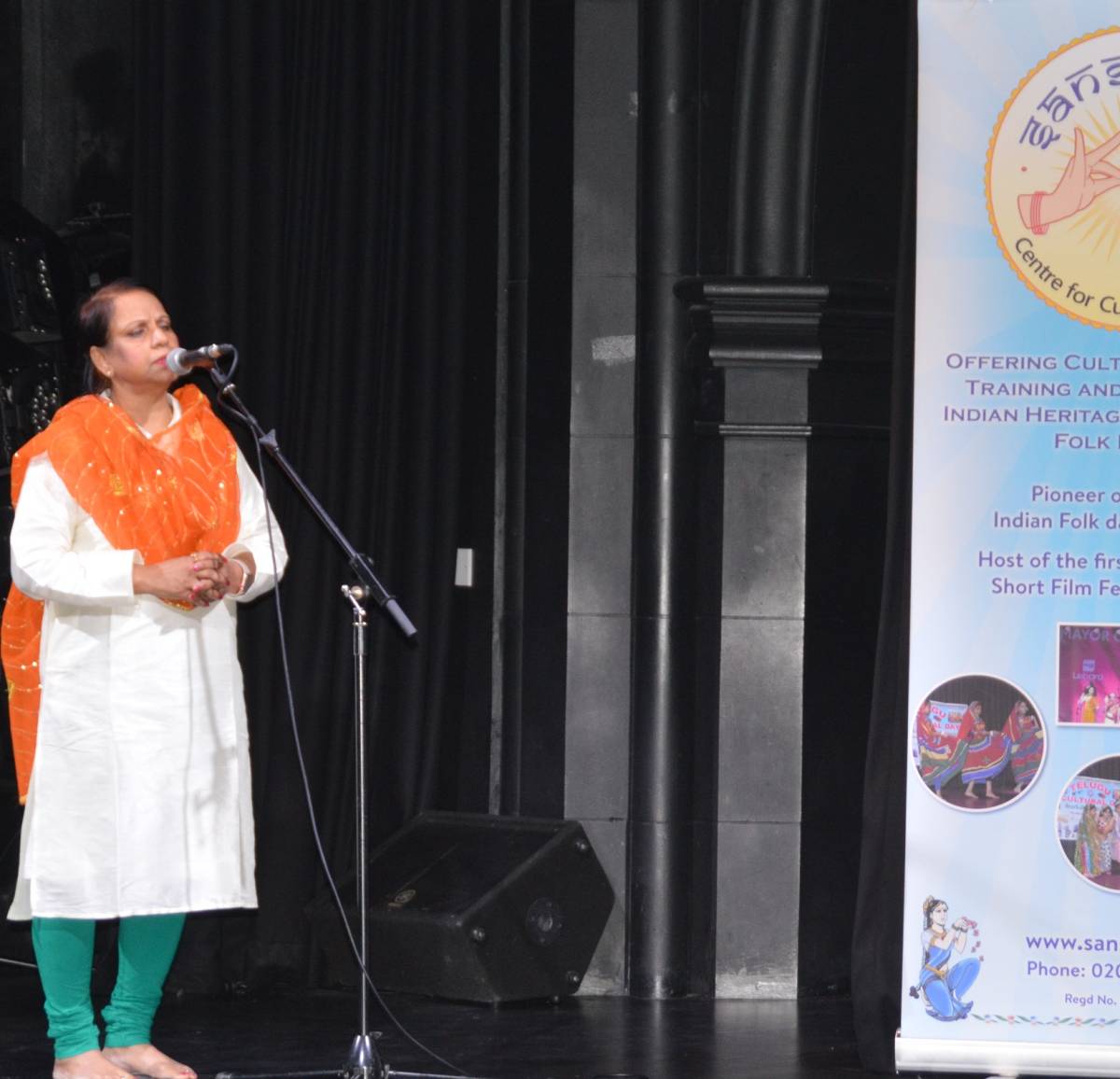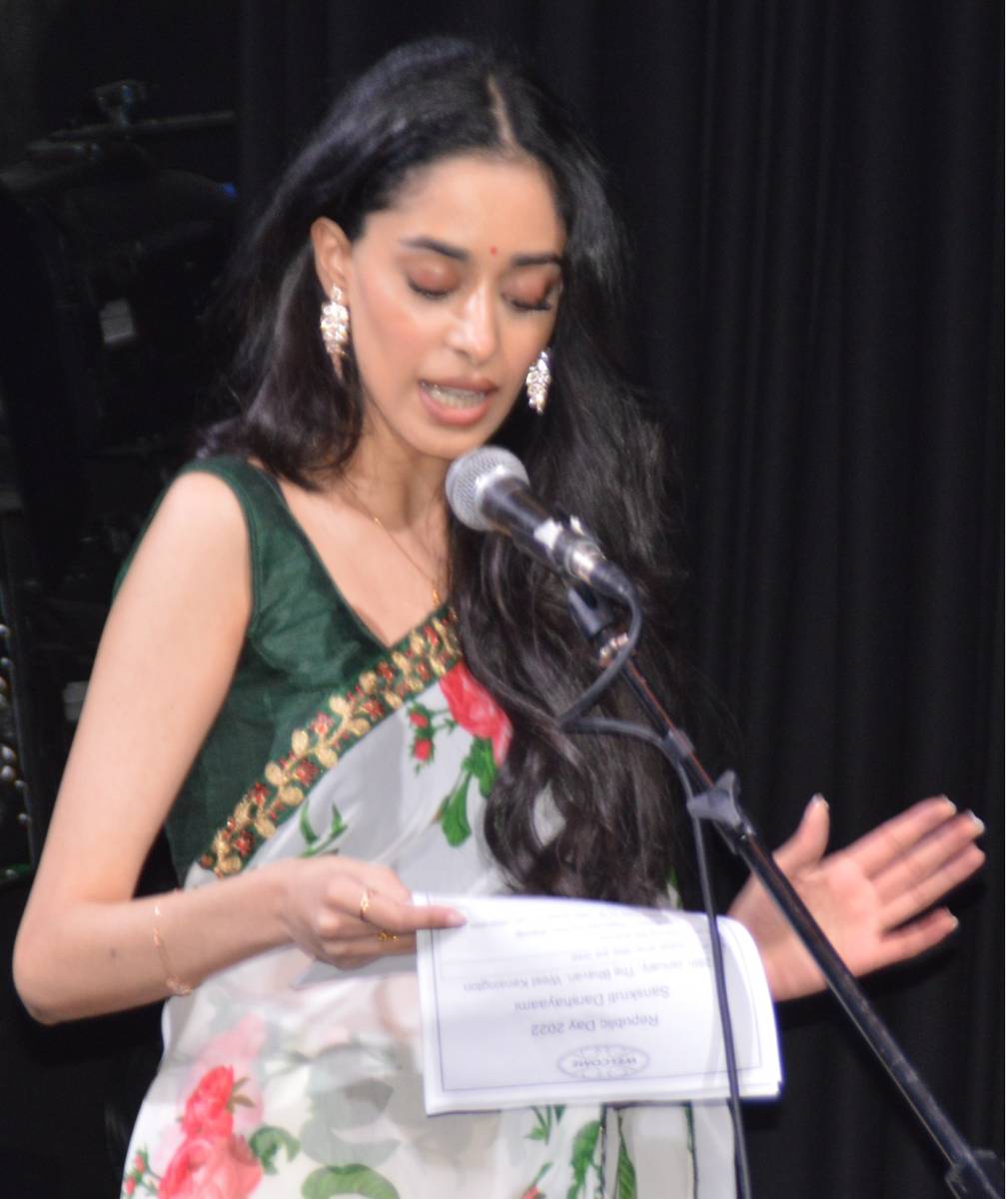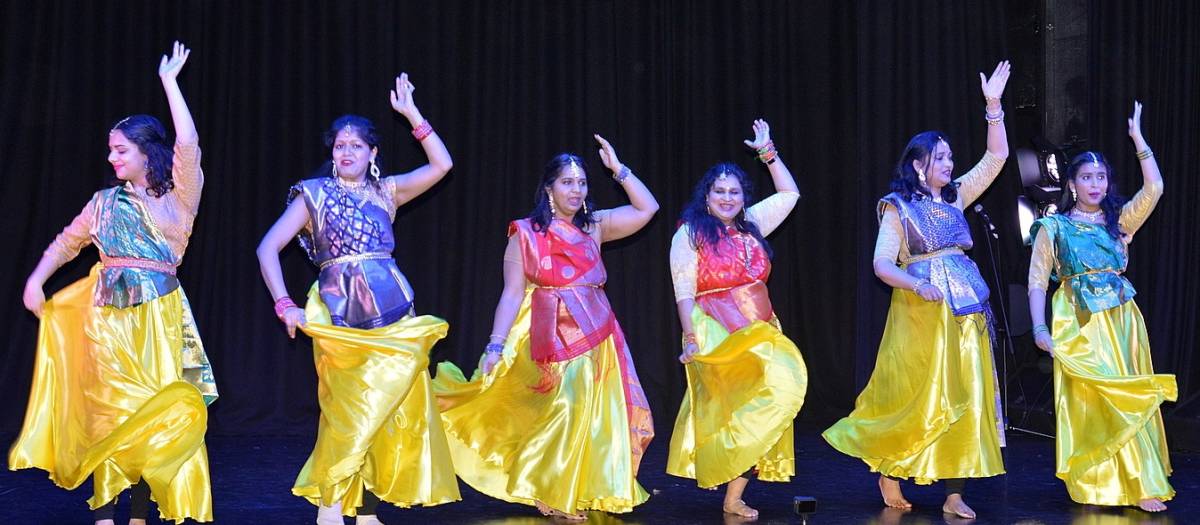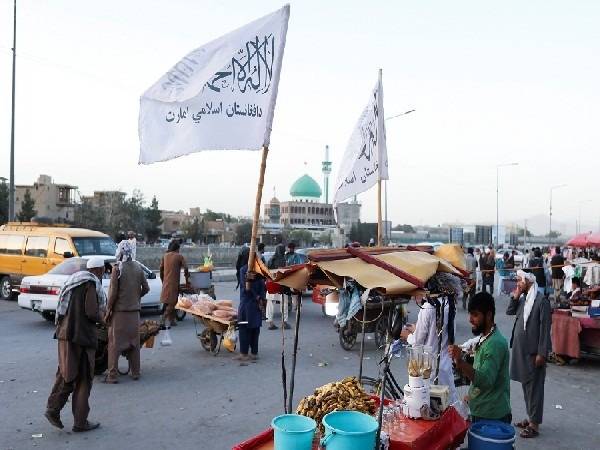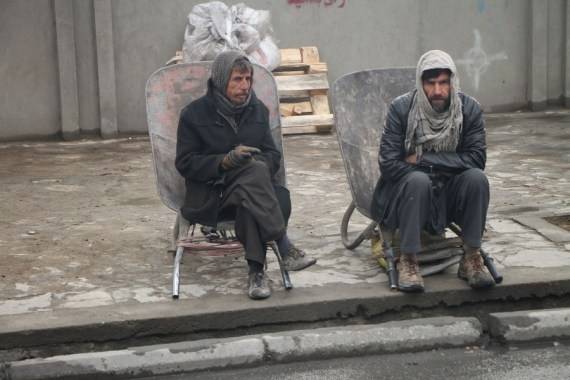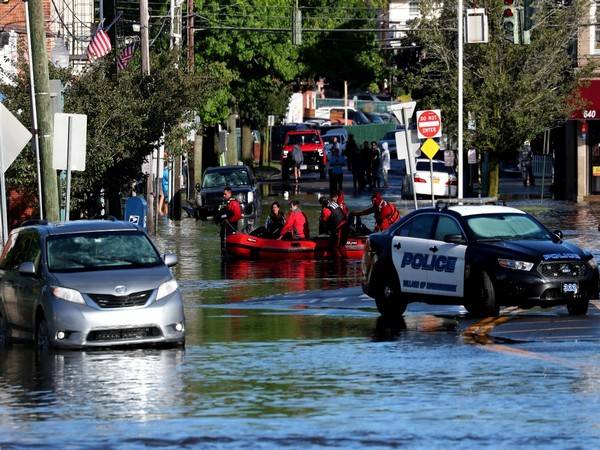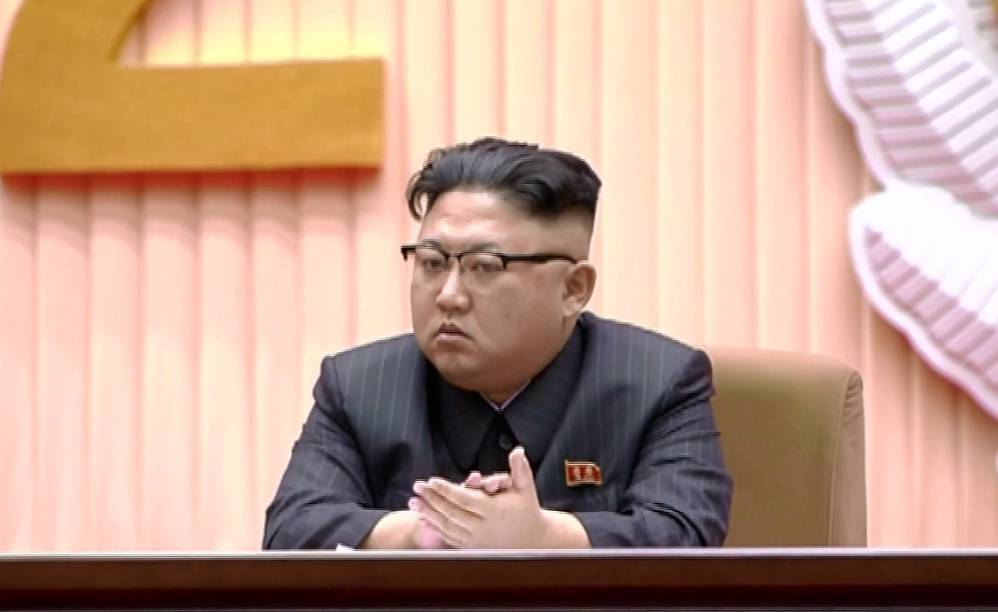H.H. Sheikh Abdullah bin Zayed Al Nahyan, Minister of Foreign Affairs and International Cooperation, received James Cleverly, British Minister of State for Middle East and North Africa…reports Asian Lite News
During the meeting, held in Abu Dhabi, Sheikh Abdullah and Cleverly discussed strategic partnership ties between the two friendly peoples and a number of issues of mutual interest as well as the latest developments in the region so as to enhance its security and stability pillars.
Sheikh Abdullah welcomed the visit of the British Minister of State for Middle East and North Africa and emphasised the solid historic and strategic relations between the UAE and the United Kingdom, which are based on a long history of fruitful work, joint coordination, and keenness to promote security and stability pillars in the region to meet the aspirations of its peoples for prosperity and development.
In turn, Cleverly expressed his strong condemnation of the Houthi militia’s terrorist attacks on civil areas and facilities in the UAE. He also stressed the significance of work to boost security and stability of the region.
He also lauded the distinguished strategic relations between the two countries and continuous keenness on enhancing them in all spheres.
Earlier, Dr. Anwar Gargash, Diplomatic Adviser to UAE President, had met with Minister James Cleverly and discussed the bilateral ties between the UAE and the UK, and ways of enhancing the strategic partnership between the two friendly countries.
They also discussed recent regional and international developments, most notably those related to the region’s stability and development, stressing the importance of creating opportunities for peace and regional dialogue.
ALSO READ: Abdullah bin Zayed meets Prime Minister of Andorra at Expo 2020
Dr. Gargash highlighted the UAE’s appreciation for the UK’s stance on the Houthi terrorist attacks against civilian facilities in the UAE and noted that the country will take appropriate measures to ensure its safety, security and national sovereignty.
He also stressed that the international community needs to take strict action against the terrorist attacks by the Houthis, who threaten regional peace and stability, in addition to their terrorist practices against the Yemeni people.
Cleverly affirmed the UK’s denunciation of all forms of terrorism committed by the Houthis, highlighting the historic relations between the UAE and the UK.

